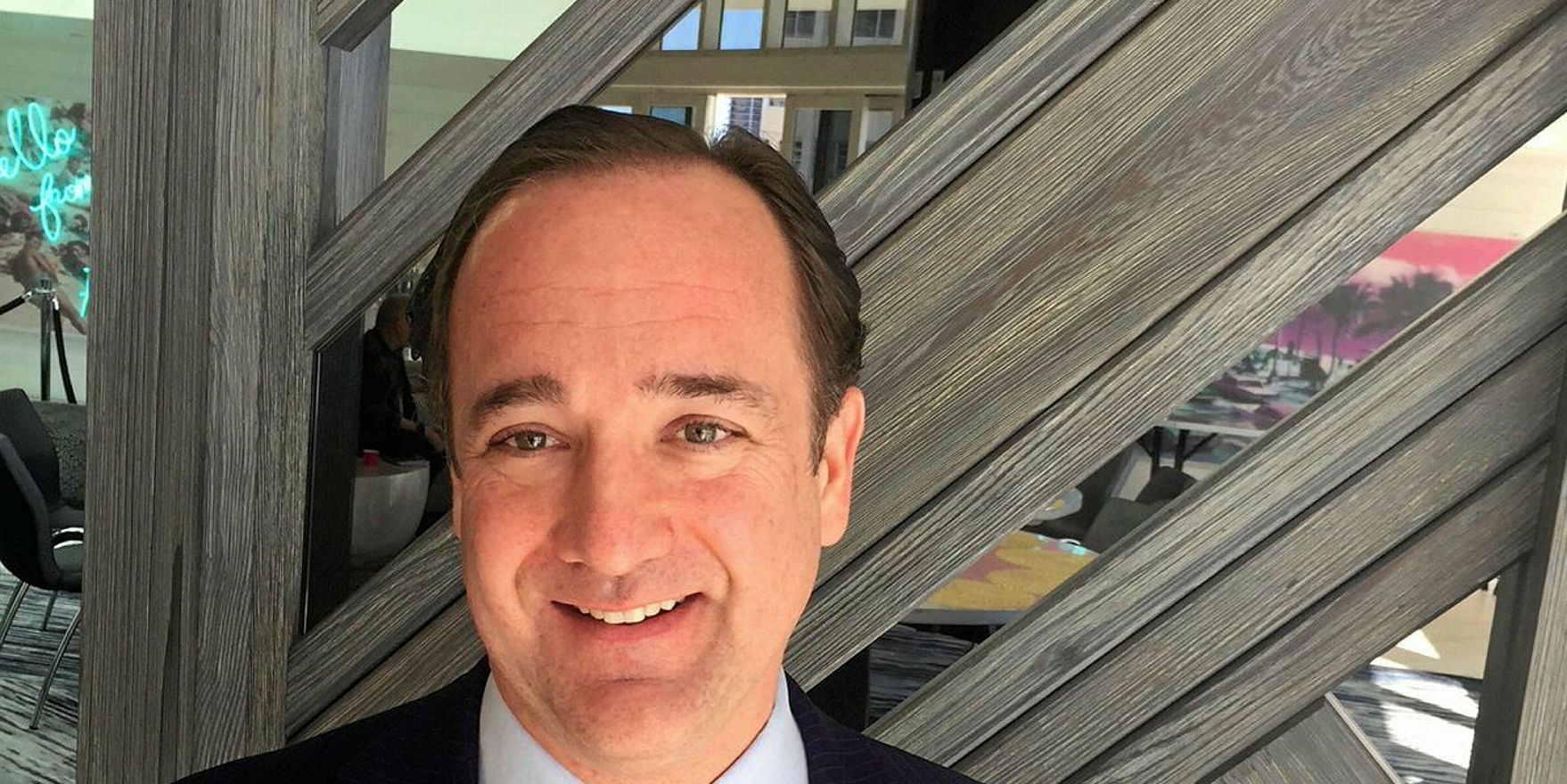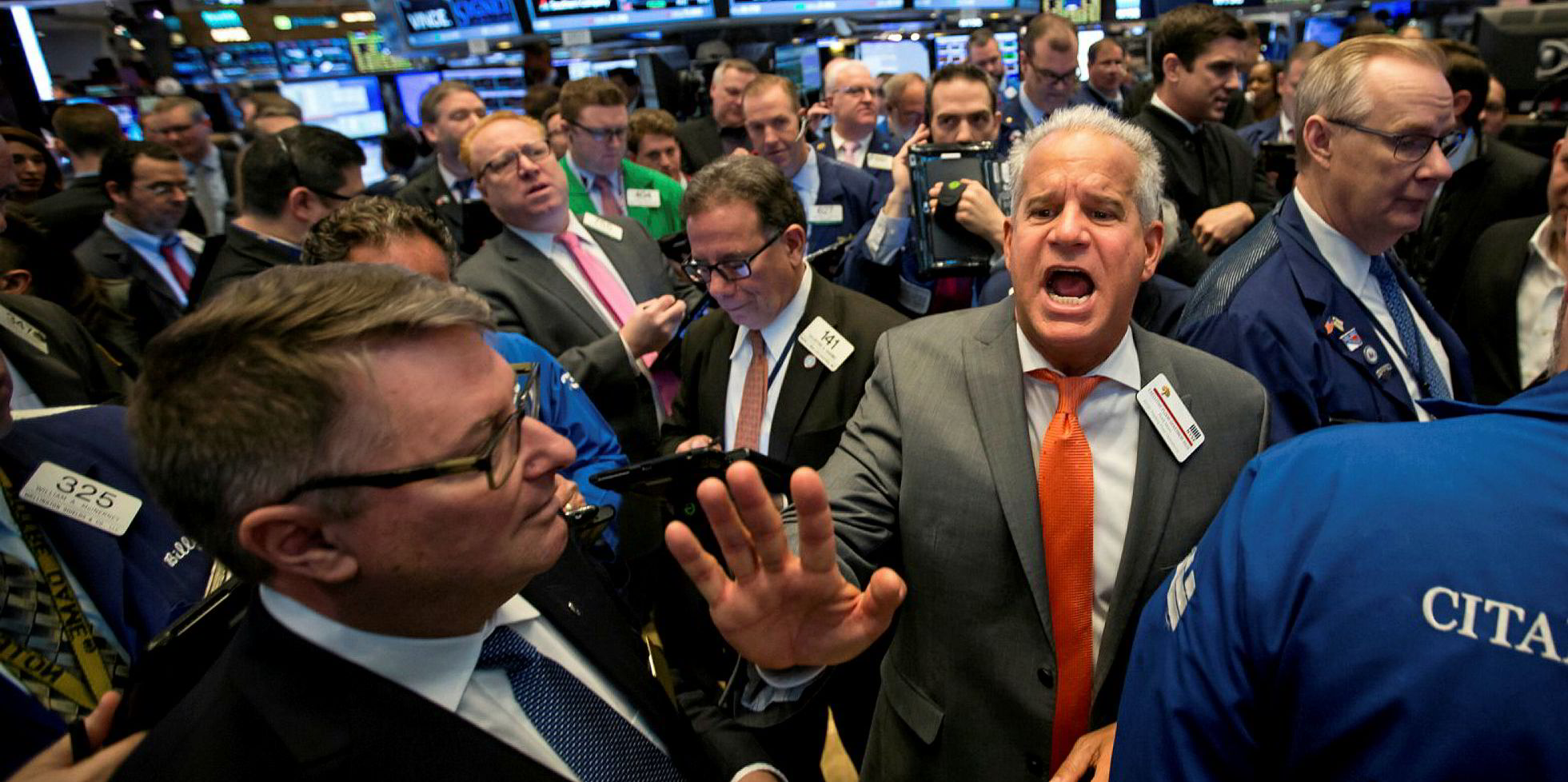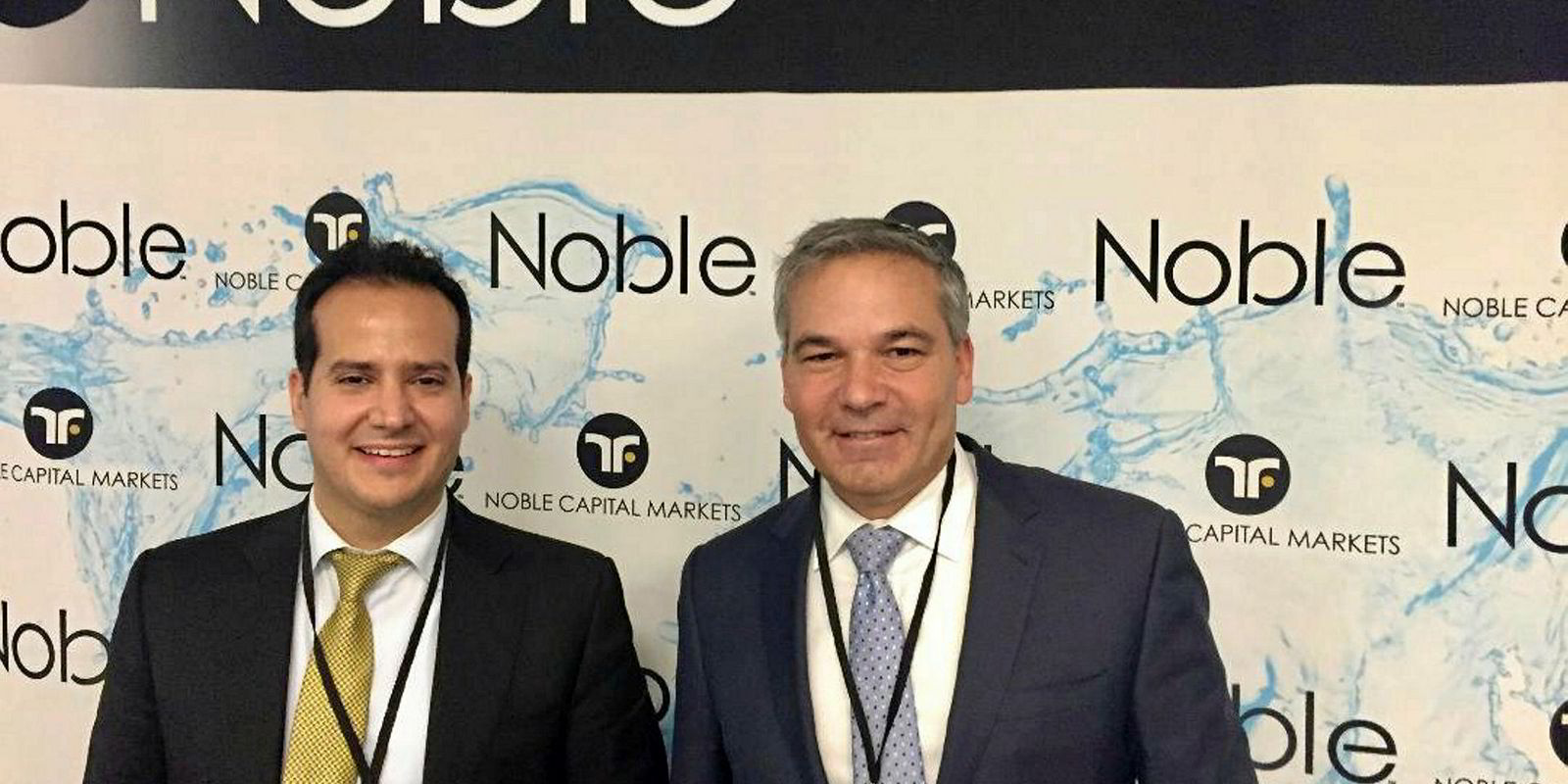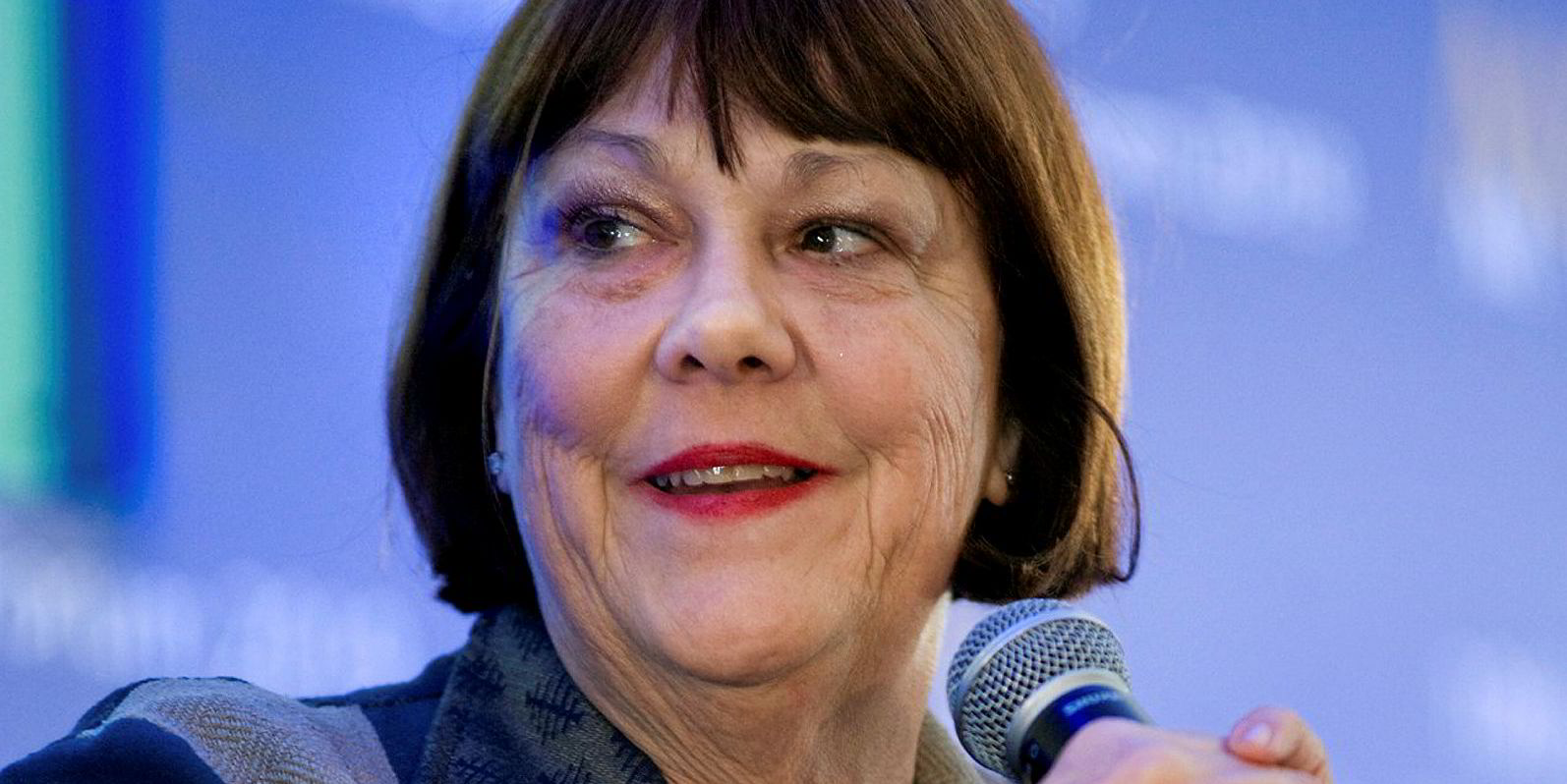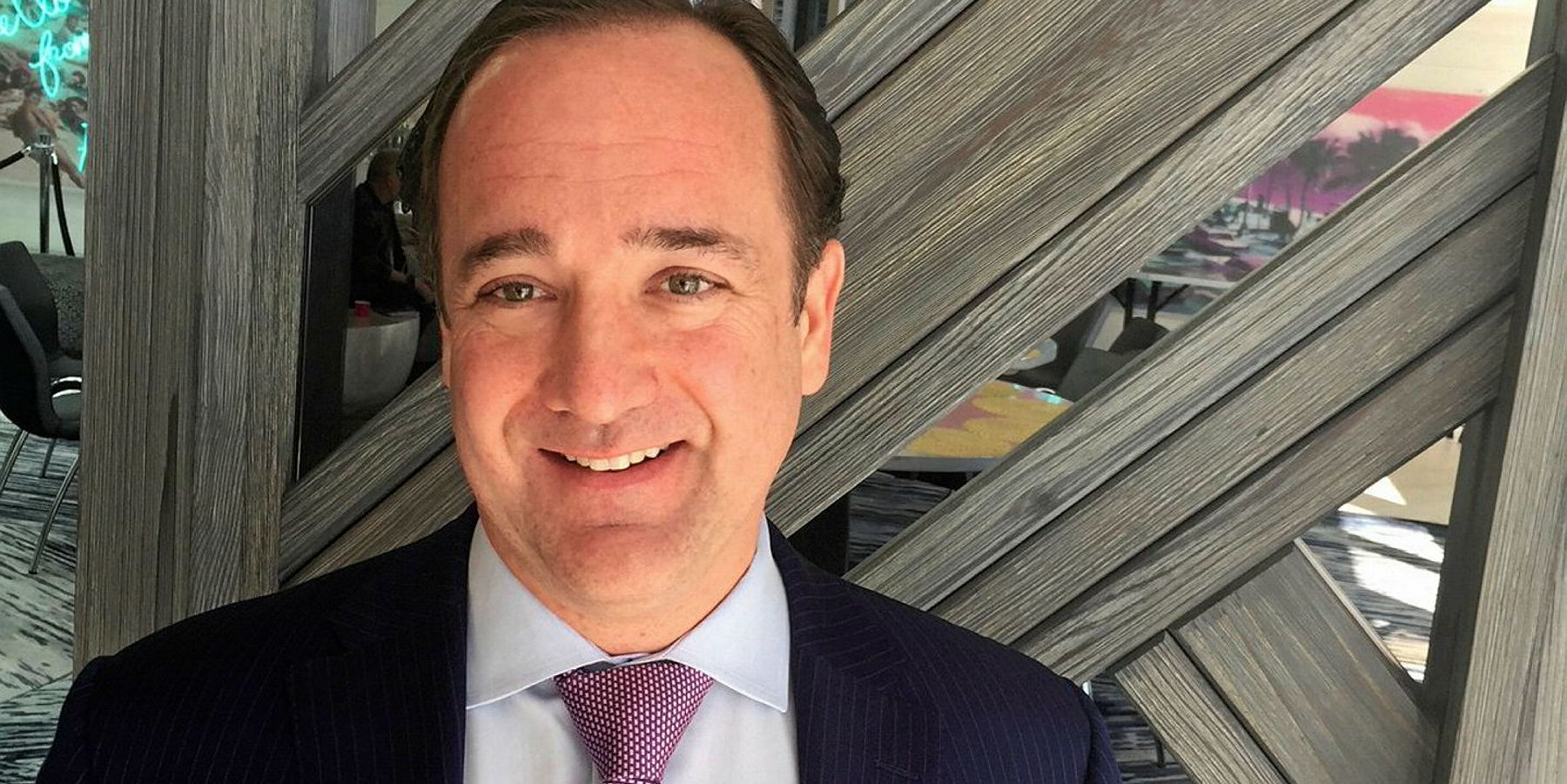Genco Shipping & Trading chief executive John Wobensmith told an investment conference this month that shipping stocks would attract greater interest if there were just two public dry bulk companies, each of more than $2bn in market capitalisation.
His claim comes after another public company CEO, Stamatis Tsantanis of Seanergy Maritime, ventured that what dry bulk really needs is more, smaller public firms.
David and Goliath
The exchange reflects a wider debate in the dry bulk sector over whether the market is best served in investment terms by greater scale or safety in numbers.
It should be noted that Genco’s market capitalisation is just over $300m, while Seanergy’s is about $18m.
So, while it might have been a case of a relatively larger owner debating a relative minnow, neither is anywhere close to the $2bn threshold Wobensmith described.
“To get there, you’d better get busy,” observed the panel moderator, equity analyst Poe Fratt from Noble Capital, which hosted the conference.
The Noble event was not the only recent shipping forum where the subject of size came into play. There is a seeming backlash against the claim that a shipowner’s scale is the answer going forward.
Two billion dollars is an important number. And we have no one even close to that right now
John Wobensmith
At a recent Marine Money forum in London, for example, both dry bulk/boxship owner Aristides Pittas and tanker-pool executive Kathleen Haines of Heidmar argued — as Tsantanis would — that size is overrated.
Enticing investors
Nonetheless, shipping equities across the board continue to trade poorly, and some would argue that lack of scale is a fundamental reason.
While critics of scale have focused on what they see as a lack of pricing control and the limited value of cost-cutting synergies, they somewhat miss the point: public companies need to be big enough to entice investment, proponents maintain.
“There are a lot of excuses around China fears and tariffs and other macro-economic factors, but if you ask me, I think that's overly simplistic,” said one experienced public-company chief financial officer who asked not to be identified.
“If I were sitting next to John [Wobensmith] on that panel, my response would have been that there should be one public dry bulk owner with a $4bn market cap."

The executive says that a lack of market capitalisation and trading liquidity are the main factors scaring investors, particularly large institutions, away from shipping.
“Shipping hasn’t performed well for investors," he said. "A lot of people feel burned, and many have learned the lesson that if they are going to stick a toe back in, they absolutely need the ability to exit their investments quickly if need be.
"They’re not seeing that option with most of these stocks because they’re simply too small and illiquid.”
To use the example of dry bulk, the two largest public companies are Petros Pappas-led Star Bulk Carriers and John Fredriksen’s Golden Ocean Group. But even they are only worth about $740m each.
A batch of owners are just over the $300m mark, including Wobensmith’s Genco and US-listed peers Eagle Bulk Shipping, Scorpio Bulkers and Diana Shipping.
Greece’s Safe Bulkers is worth about $160m and Rhode Island bulker operator Pangaea Logistics some $135m.
Companies such as EuroDry and Seanergy are below $20m in share value.
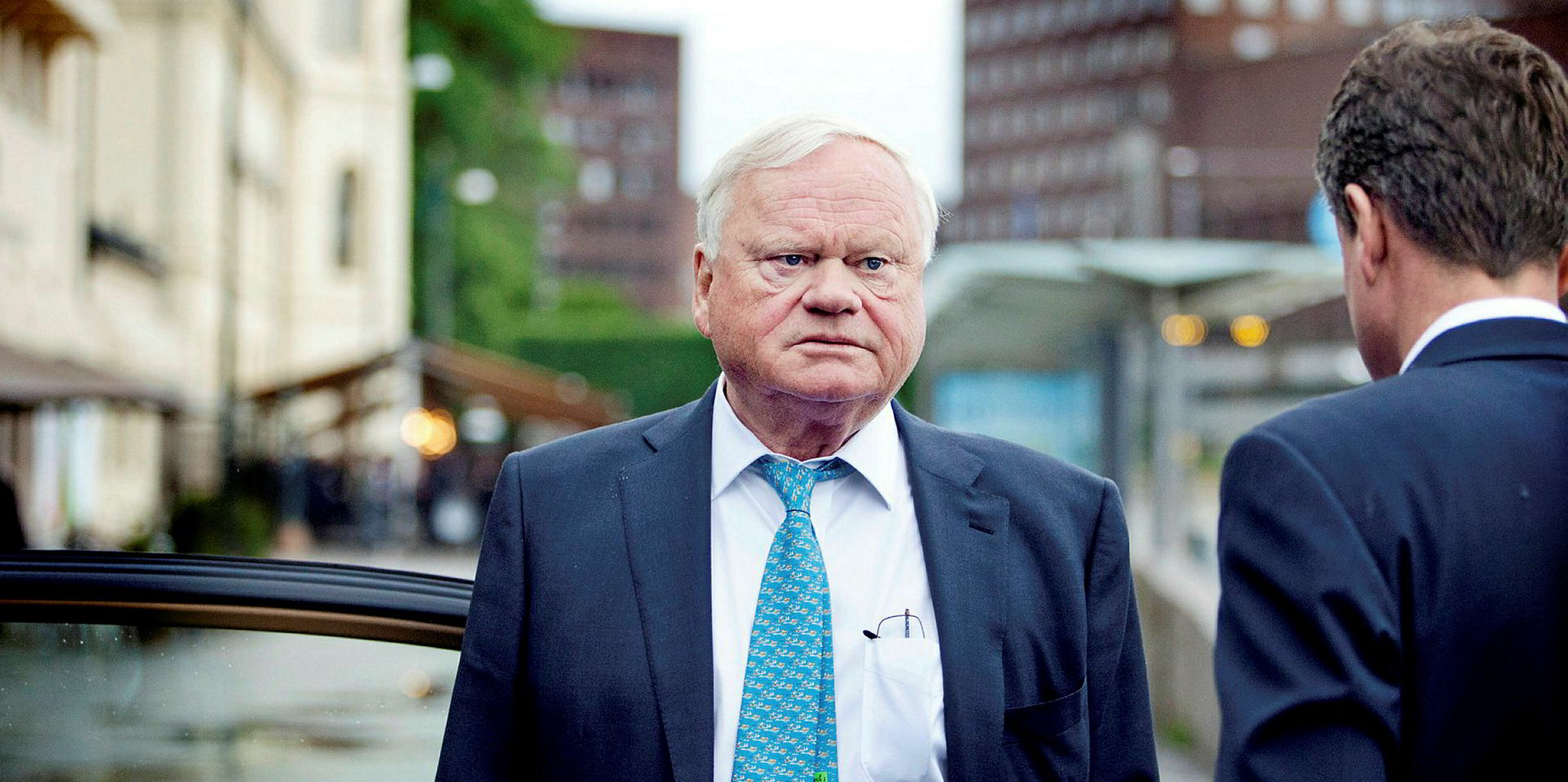
Negative cycle
Of course, poor trading can create a negative cycle. For example, five dry bulk owners under the coverage of Evercore ISI analyst Jonathan Chappell were trading this week at an average 48% of their net asset values.
Lack of investment leads to lower market capitalisation, which leads to lack of investment — and so it goes.
But it does not stop owners from wanting to be public.
As TradeWinds has reported, South Korea’s Polaris Shipping is said to be moving a planned listing attempt from the Singapore Exchange to the Oslo Stock Exchange.
Already trading in Oslo are Golden Ocean, with John Michael Radziwill’s GoodBulk and Tor Olav Troim’s 2020 Bulkers on the over-the-counter (OTC) exchange.
GoodBulk has the larger market capitalisation of the OTC owners at nearly $500m. But it failed in an attempt at a US listing last June, owing to what one deal insider called “a fundamental lack of demand”.
2020 Bulkers has flagged plans for a 2019 initial public offering in the US. Troim is an investor darling, but there has not been a successful conventional listing in the US since June 2015.
“I don’t think we need more public dry bulk companies,” Wobensmith told TradeWinds.
Competing for capital
"The larger market cap you get, the more investors will pay attention to the industry. The fact that there are so many now competing for capital doesn’t make sense to me.
“Two billion dollars is an important number," he said, referring to market capitalisation. "And we have no one even close to that right now.”
Since the end of 2016, Genco has gone through a transformation from essentially an owner of assets to an integrated shipowner with management functions in-house.
With that behind it, Genco is very much focused on consolidation, he said.
“With where share prices are right now, it is a little bit of a hurdle,” Wobensmith acknowledged. “But I’m cautiously optimistic. I think it should happen. It’s good for capital markets.”
